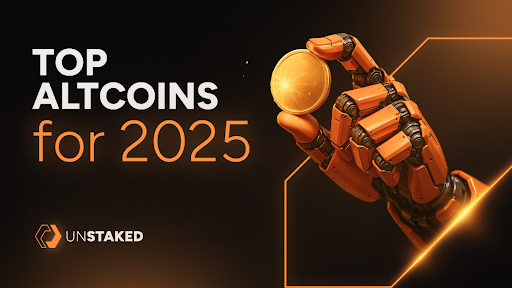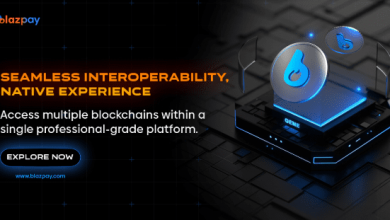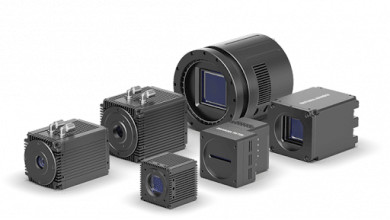Unstaked, Render, AGIX, & Covalent Are the Best Altcoins to Buy Now for 202

AI has moved beyond just talk. It is now driving real change for crypto projects. From automating tasks to improving data use, AI-powered tokens are leading the way in both function and market attention. Billions are flowing into AI and decentralized platforms, and a few key tokens are standing out with strong presales and growing market interest.
Here are the best altcoins to buy now for 2025, with Unstaked rising fast as a standout project with huge growth potential.
1. Unstaked ($UNSD): $5.8 million Raised and Big Gains Expected
Raising over $2 million in just two days does not happen by luck. Unstaked has done it and has now passed $5.8 million in funding. It is in stage 12 of presale at $0.008997 and has become one of the fastest-growing AI crypto projects this year.
What is driving the excitement? The project blends useful features, strong design, and a unique offering: AI-powered agents that run on X and Telegram. These agents will help grow communities and adjust actions based on real feedback. They will not go live until after the presale ends and the launch begins, giving early buyers a chance to get ready.
Agent actions will be tracked by a system called Proof of Intelligence, which records everything on-chain. Only agents that perform well will earn $UNSD rewards for users.
The launch price is set for $0.1819, but talk of a possible $5 target has created strong interest. That would mean a possible 600x return from today’s price. With clear rules, no private sales, and locked liquidity, Unstaked has become a leader among the best altcoins to buy now in 2025.
2. Render Token (RNDR): Offers AI Projects Access to Decentralized Power
As AI-created content grows fast, so does the need for powerful rendering tools. Render Token (RNDR) helps by giving users access to unused GPU power for heavy tasks. This includes metaverse designs, machine learning, and digital content creation.
Render stands out because it is useful. It connects GPU providers with people and developers who need strong computing, all paid in RNDR tokens. AI projects often run into limits with processing power. Render solves this by offering a reliable and scalable network.
Thanks to solid partnerships and strong use, RNDR has earned a spot among the best altcoins to buy now. It is not just a token, it powers the systems that the future of AI will rely on.
3. SingularityNET (AGIX): Builds a Full AI Marketplace for Developers
SingularityNET (AGIX) blends AI and decentralization in a unique way. It acts as a marketplace where developers can buy and sell AI services using blockchain contracts. The platform offers everything from language translation to face recognition, which can be added to apps and websites.
AGIX is the token that powers the marketplace. It is used to buy services, vote on platform decisions, and reward those who contribute. What makes AGIX strong is its wide range of services, offering tools for many different needs.
With its strong network and active development, AGIX remains a leader among the best altcoins to buy now, offering both immediate use and big future potential.
4. Covalent (CQT): Clean Blockchain Data for AI Systems
AI systems are only as good as the data they use. Covalent (CQT) solves the big problem of messy and hard-to-find blockchain data. It gives developers a single API to pull together data from over 100 blockchain networks.
This helps AI tools track wallet moves, token prices, NFT trends, and more, all in real time. AI developers rely on clean data to build better systems, and Covalent makes that possible.
CQT is used to access the network and get advanced data features. As AI use spreads in DeFi, NFTs, and crypto analysis, Covalent stands strong as a key part of the system and one of the best altcoins to buy now.
Final Analysis
AI and crypto are moving together fast. Unstaked is showing what is possible with real tools, strong rewards, and clear goals. With over $5.8 million raised, a $0.1819 launch price, and talk of $5 future prices, Unstaked is one of the most exciting projects to watch in 2025.
At the same time, tokens like Render, SingularityNET, and Covalent offer real value through computing power, AI services, and data tools. If you are searching for the best altcoins to buy now, these four projects should be on your list. The time to get in early may not last long.








